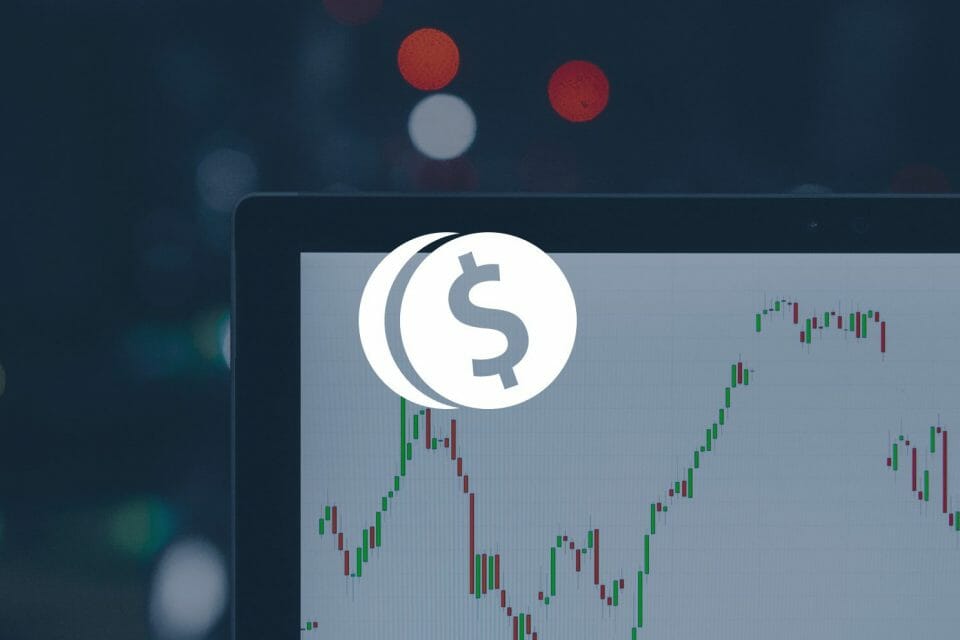Best Dividend Stocks Canada: Top 5 Dividend-Payers Stocks to Buy

Nearly three months ago in the depths of the lockdown, I recommend some safe dividend stocks. This was happening as stocks left, right and centre, were halting their divvies, which made life for dividend investors like me tricky. Now we’re making this post a special Best Dividend Stocks Canada update.
Best Dividend Stocks Canada (American and Canadian Stocks)
Since then, the markets have swung up and economies are reopening, though volatility continues to rattle markets as we saw on Monday, there are still opportunities. It’s time to have a new look at the best Canadian dividend stocks (or stocks for Canadian investors).
Where to find certainty in uncertain times?

Top Dividend Stocks #1: Cisco (CSCO-Q)
True, this American IT company doesn’t pay a divvy like a Canadian bank, but analysts such as Darren Sissons and Lorne Steinberg expect Cisco‘s 3.09% to continue to grow along with the company’s free cash flow.
Cisco pays a 3.09% dividend
Its current PE is 15.7x and only 3% of revenues are tied to China, so Cisco will largely be immune from ongoing U.S.-China trade tensions. Like its peers, Cisco will be impacted by decreases in IT spending, with 5G spending possibly delayed until next year and affecting company earnings this year, but Cisco‘s WebEx videoconferencing app has been a hit with stuck-at-home office workers during the lockdown.
Acquisitions like WebEx (bought in 2007) are paying off and allow Cisco to keep apace with its peers. Cisco currently trades slightly above its 50- and 200-day moving averages. Don’t expect the stock to soar like Tesla, but Cisco will pay you to sleep soundly at night.

Top Canadian Dividend Stocks #2: Keyera (KEY-T)
This midstream player extracts liquids from natural gas, a commodity which is safer than oil. Keyera currently pays a whopping 9.5% dividend yield, so the obvious question is, Is it safe? Bay Street thinks so.
Keyera pays 9.53% dividend
Analysts like Varun Anand point to Keyera‘s 82% payout ratio as well as its debt refinancing. John Zechner just made the stock a top pick, celebrating Keyera‘s stable balance sheet, earnings, cash flow, decent valuation and steady production volumes. Based on a $25.79 price target, Keyera offers around 25% upside, but Anand doesn’t foresee much growth. Also, Robert Lauzon notes that there’s perceived counter-party risk—can Keyera‘s customers pay them in these choppy times? Greg Newman stays away from Keyera for this reason.
Another caveat: in recent years, the stock has struggled. For instance, over the last two two years, Keyera has plunged 45%. Perhaps John O’Connell sums up Keyera the best: frustrating, but you’re getting paid to wait.

Top Canadian Dividend Stocks #3: Power Corporation (POW-T)
Recently (and belatedly for some), Power Financial and Power Corp. simplified their management structure. The pandemic has pressured shares from the low-$30s to the current low-$20s where it has been rangebound during the recovery.
Power Corporation pays 7.47% dividend
At least the PE stands at a decent 10.7x. Just don’t expect much stock price growth from this insurer, warns Brian Madden, certainly not in a very low interest rate environment. However, if you’re looking for income, Power is it.

Top Canadian Dividend Stocks #4: North West Company (NWC-T)
This consumer defensive name operates retail stores, selling groceries and household items, in the Canadian far north, Alaska and Caribbean. Because it operates in such an extreme geography, NWC enjoys a monopoly.
North West Company pays 4.45% dividend
The company is even insulated from e-commerce. Like Power Corp., Madden feels the dividend is safe, but doesn’t expect much stock appreciation. He’s also concerned by NWC‘s struggle to integrate a small airline it recently bought.

Top Dividend Stocks #5: UPS (UPS-N)
Though not widely regarded as a dividend stock, UPS‘s 3.53% does offer some stability, driven by the surge of e-commerce during this lockdown and extending into the current reopening.
UPS pays 3.53% dividend
UPS‘ dividend pays far more than the 1.64% of its competitor, FedEx, and the elephant in the room, Amazon, which pays nothing. Essentially, UPS is a play on home deliveries. The stock has bounced from the mid-$80s of the late-March trough to its current stock price just below $115. Its payout ratio is currently 78% and the PE stands at 15.7x. UPS isn’t sexy, but dependable.
Its one-year return is 8.88% and 2.37% over three. Revenue growth YOY is 3.11%. Nineteen of 26 analysts have a hold signal on UPS. I wouldn’t back up the truck on this one, but UPS is a steady-eddy that pays you a decent yield in a time of near-zero interest rates.



